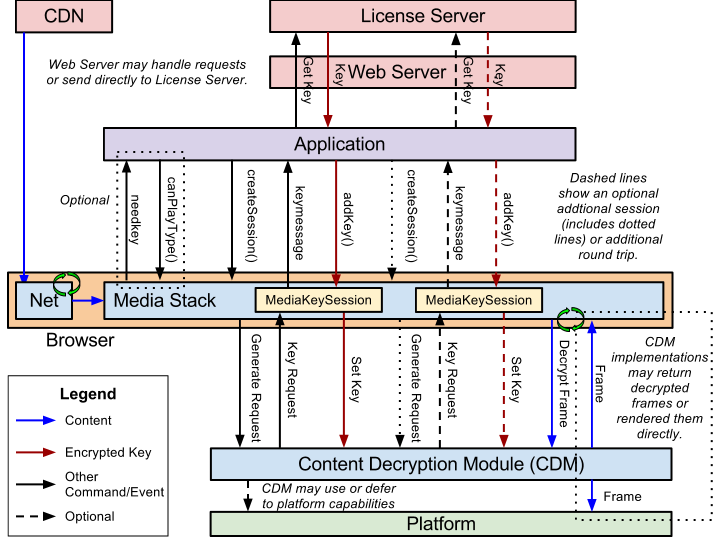2019 Texas Legislature
With the start of the 86th Texas Legislature, there are many tech and civil-liberties related bills. Below are summaries of some of those bills, with more to follow in the future. An informed citizenry is a powerful citizenry, so equip yourselves and those around you with this knowledge so that we may guide, shape and affect our government.
HB 352
Cell Site Simulator Devices can be used by law enforcement to involuntarily snatch and store personal information stored on mobile devices. HB 352 would require law enforcement agents, termed “Peace Officers” in the bill text, to obtain a warrant to use these devices and the possible evidence they collect.
A judge would issue a warrant to an applying officer, only if “circumstances and facts” support probable cause to believe that the information collected will produce evidence in a criminal investigation of the suspected criminal activity.
Included in the warrant is:
- Information on the applying officer
- An identification of the device being monitored
- Basic information on the owner of the device
- The district in which the officer expects the device to be located
- “Circumstances and facts” that justify the officer’s request for the warrant.
In the case of an immediate life threatening situation, officers can act without a warrant and apply for one as soon as possible. If for some reason the judge denies the request, any evidence collected would become void. Officers could also obtain information without a warrant, if the device is reported as stolen by the owner/possessor or with the consent of the owner.
The owner of the mobile device(from which information is collected) would be notified about the collection of their information no longer than a week after the expiration of the warrant, or any additional periods.
Any information collected that may be irrelevant to the cause of application for the warrant would be withheld or redacted. The defendant would also be informed on this matter.. Each entity that obtains and uses Cell Site Simulator Devices would be required to create a written policy for deleting irrelevant information that may have been collected.
The bill also limits ownership and use of Cell Site Simulator Devices to only Law Enforcement.
Author: Cesar Blanco
More Reading on Cell Site Simulator Devices
EFF – Cell-Site Simulators/IMSI Catchers
ACLU – STINGRAY TRACKING DEVICES: WHO’S GOT THEM?
Department of Justice Policy Guidance: Use of Cell-Site Simulator Technology
HB 181
This bill focuses on establishing a pilot program for a digital identification app. The app would contain driver’s license information and personal identification certificates. The only participants in and evaporators of the pilot program would be focus groups and possibly law enforcement agents for the law enforcement version of the app.
To ensure that the program can be executed, the department will assess and upgrade any necessary infrastructure. The upgrades would ensure that the developed mobile application would include an authentication/verification process for wireless devices, is able to be used regardless of a location’s level of wireless connectivity and include the identification information described above.
The department can contract with a third party to establish the program, as long as there is no cost for the department.
During the time of testing, no digital identification issued under this bill can be used or accepted as valid proof of identification. At the end of the program, the department will create a report with the results of the program, including any recommendations. The report will be submitted to the Public Safety Commission and the legislature by the 180th day after the completion of the program.
Author: Terry Canales
More Reading on Digital Identifiers
Wired – Digital IDs Are More Dangerous Than You Think
The Guardian – Do We Trust Digital Identification
KXAN – Austin Sees Future Of Homeless Digital IDs After Loosing Grant Contest
HB 108
HB 108 would establish a pilot program for a digital portfolio system used to assess student performance. The digital portfolio would be developed by a contracted developer and contain data drawn from a student’s academic career.
To be eligible for the contract,the developing entity must specialize in the development of digital portfolios, and have experience implementing them for student assessment. They would need to be able to create a tool to upload multiple types of student work samples to a digital format.
The portfolio would also need to be secure, yet accessible to students, teachers, administrators. (i.e. any individuals responsible for grading the student’s portfolio). It would also need to be able to deliver the scores recorded by the student to school districts. The bill stipulates that grading parties be prohibited to seeing the student ID information that is recording their own data. The entity would also be required to develop a rubric for evaluation and other functionalities of the tool.
Participating school districts would have to provide student performance data to the Texas Department of Education for periodic review.
Author: Mary Gonzalez





